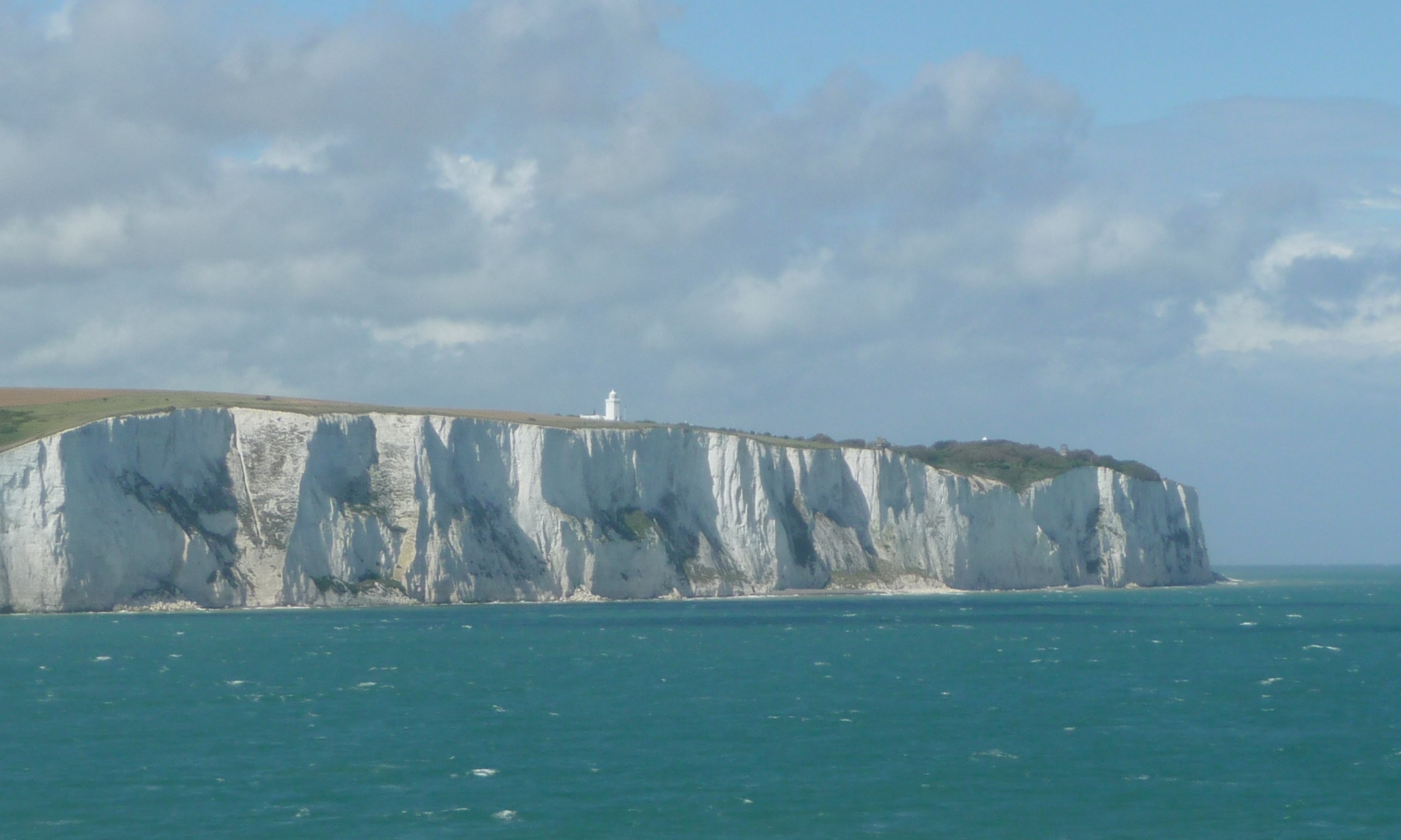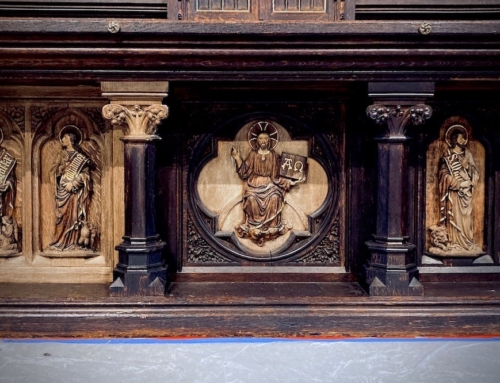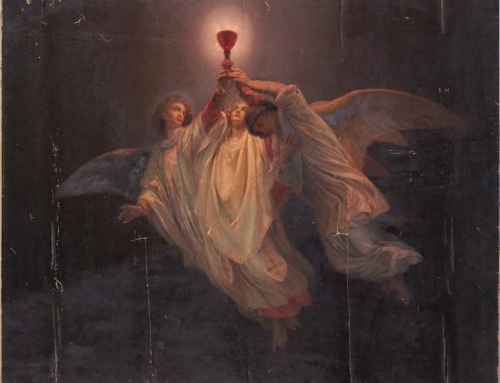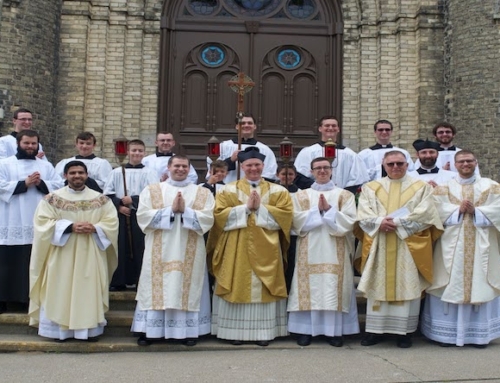As the Church year ends, the focus of liturgical readings becomes especially apocalyptic. In a certain sense, it is particularly appropriate that the feast of Christ the King was moved to the final Sunday in Ordinary Time, for these two things coincide: the second coming of Christ is when His Kingdom will be perfectly and definitively established. “Then comes the end,” St. Paul says, “when he hands over the kingdom to his God and Father, when he has destroyed every sovereignty and every authority and power” (1 Cor 15:24). He will subject all to God the Father “so that God may be all in all” (1 Cor 15:28).
For us, it offers ample opportunity for reflection about the progress of the Kingdom in our own lives, which is the pursuit of perfection in the spiritual life, and how God is not yet, for us, all in all.
One 20th-century spiritual classic on the practice of the Sacrament of Confession puts our duty to make God all in all in an especially vivid, challenging way. Speaking of Christ’s call to perfection, the author notes that:
We are acting perfectly quantitatively when we do all the good that in our circumstances is possible, in other words, when we make use of every opportunity to do good that presents itself, including all the little opportunities that come our way daily and hourly. But perfection demands in addition that qualitatively we act always as well as possible in both big things and little things; that in all our actions our interior intentions should be as pure as possible and that the exterior execution should be carried out at the right moment and in the right way.
The author presents in stringent terms what perfection entails: first, that at every moment we do what God wants for us; second, that we do so with maximum intensity.
For me, this presentation seems something like standing at the bottom of a steep cliff and looking upwards. The mere thought of climbing is so intimidating that it might even dissuade me from trying. As if the first requirement did not seem stringent enough—following God’s will at absolutely every moment—the second seems to add impossibility to impossibility.
And yet this is only a partial consideration, based on a first impression. In other words, we would do well to further consider the challenge before turning away, overwhelmed by it.
For Christ’s Kingdom is not something joyless. The liturgy extols Christ’s Kingdom as “an eternal and universal kingdom, a kingdom of truth and life, a kingdom of holiness and grace, a kingdom of justice, love and peace.” If we were to reflect aright, we would understand that when we depart from Christ’s Kingdom, we are instead enslaved to sin, whose wages are the rotten fruit of death (see Rom 6:16ff.). It is the kingdom of sin and death which should truly give us pause.
Christ’s command to perfection is a promise that He will not leave any aspect of our life enslaved to sin. It is a promise that He will rescue us both extensively and intensively from sin, so that absolutely nothing of sin— the true cause of death and unhappiness— remains. And if His command to perfection is a promise of rescue, it is also a pledge of His unfailing and superabundant grace towards us. This too should console us, for it is this grace which will do the work in us, and not we ourselves by merely human strength. “It is no longer I who live,” St. Paul says, “but Christ who lives in me” (Gal 2:20).
God may not yet be “all in all” for us, but we wait in hope that He will be someday. Until then we are given the chance to reflect on His second coming, and prepare a place for His Kingdom—and perhaps more than that, for the first time, really to desire it, according to the prayer: thy Kingdom come.
✠
Image: Immanuel Giel, White Cliffs of Dover







